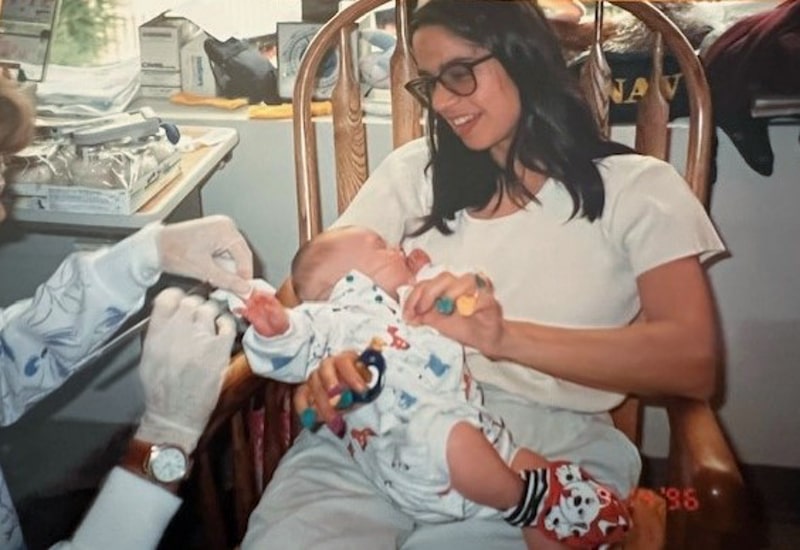Can personal stories drive change in newborn screening practices?
“It’s appalling that the fate of a newborn is in the hands of a postpartum mother who doesn’t understand the signs her newborn is giving her, that he’s not getting the sugar he needs … It shouldn’t be on her to save his brain.” That is the hard truth I land on in the last segment of the podcast I am sharing with you.
I was so lucky to be able to share one of the most personal and consequential stories of my life with The Story Collider, a science story podcast. “The Story Collider’s mission is to reveal the vibrant role that science plays in all of our lives through the art of personal storytelling.” I am so grateful to the Chan Zuckerberg Initiative Rare as One Network (RAO) for valuing science storytelling and giving me and my fellow rare disease advocates opportunities to learn the art of storytelling.
My hope is that by sharing this story I can help to drive change in the screening of newborns, so all babies born with hyperinsulinism, congenital and acquired, get the medical support they need from birth. A change in practice, where all babies born with hyperinsulinism are screened and properly managed from birth, will allow newborns to live and develop to their full potential and mothers to be mothers, cherishing those first few days of the miracle of birth and life.
My story on Story Collider, named “Pile it On,” is just about 10 minutes. I hope it is meaningful and interesting for you. Take a listen on the Story Collider website or wherever you listen to podcasts.
Listen to: Pile It On: Stories about being overwhelmed — The Story Collider.


